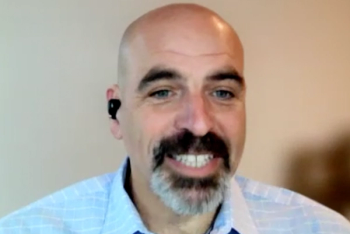
|Slideshows|May 27, 2019
- Managed Healthcare Executive August 2019 Issue
- Volume 29
- Issue 8
Top 7 Qualities of the Ideal Executive Assistant
Author(s)Michele Meyer
Going beyond simple administrative skills is vital when considering hiring a trusted colleague.
Advertisement
Articles in this issue
over 6 years ago
How Mentors Inspire Health Execsover 6 years ago
14 Ways Insurers Can Improve Patient Experiencesover 6 years ago
The Future of Healthcare Wearablesover 6 years ago
Telemedicine and E-Visits: An Updateover 6 years ago
What’s New in the MS Drug Pipelineover 6 years ago
Drug Price Reform Takes Off in 2019over 6 years ago
What Does Simple and Affordable Healthcare Look Like?over 6 years ago
Uniting Determinants and Data for Population Healthover 6 years ago
Top 3 Issues for Hospital Executivesover 6 years ago
New Report is Tackling Workplace Opioid AbuseNewsletter
Get the latest industry news, event updates, and more from Managed healthcare Executive.
Advertisement
Latest CME
Advertisement
Advertisement
Trending on Managed Healthcare Executive
1
7 things you need to know about the PBM reforms signed into law this week
2
PBM reform. It has finally happened
3
TrumpRx launches; some experts question its long-term value
4
Cancer survival fell and deaths rose during first two years of COVID-19
5

























